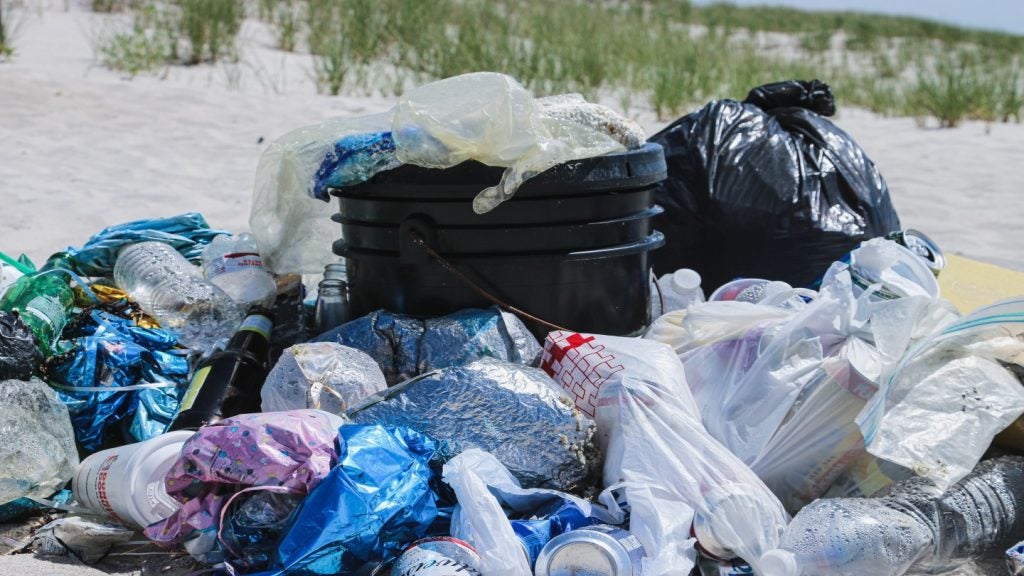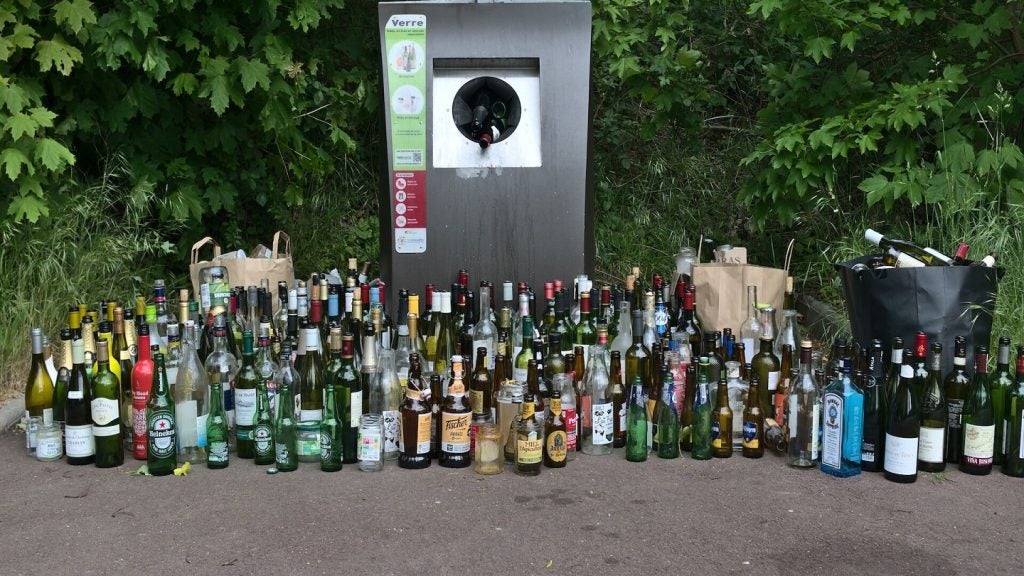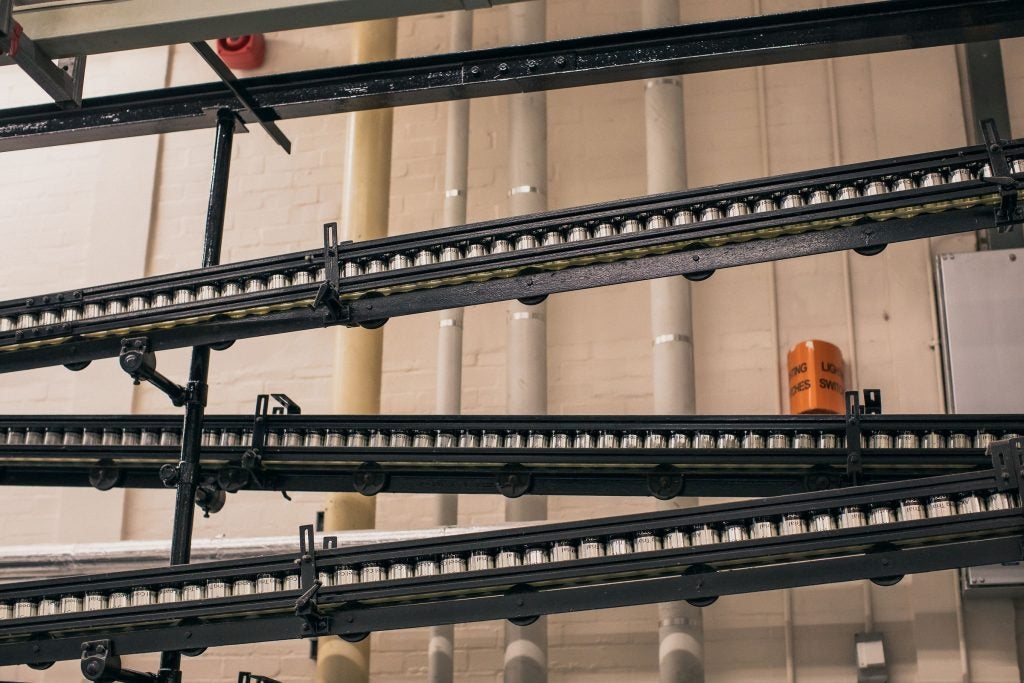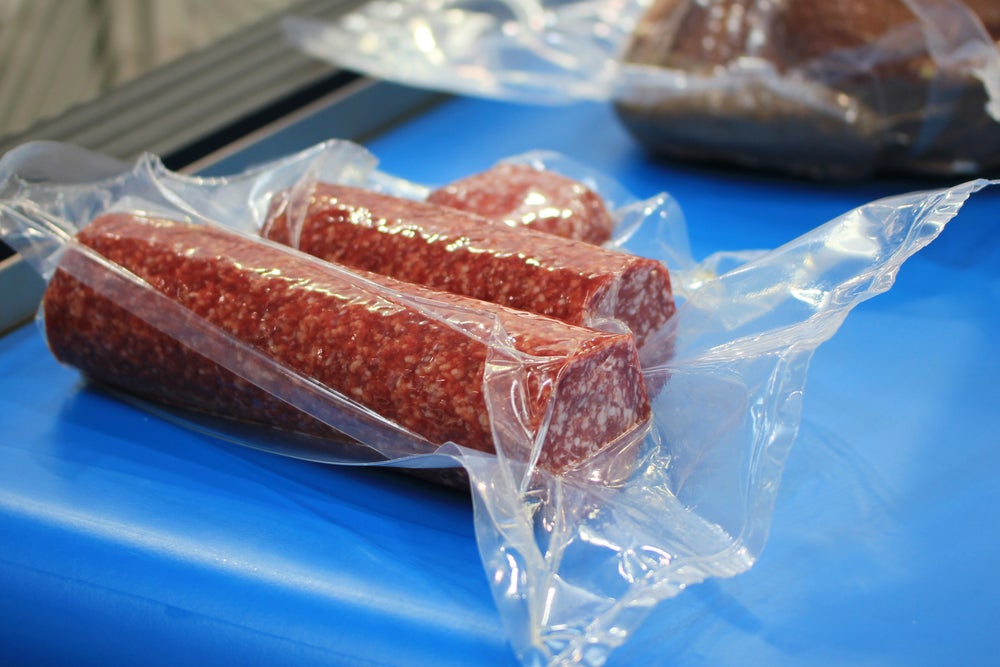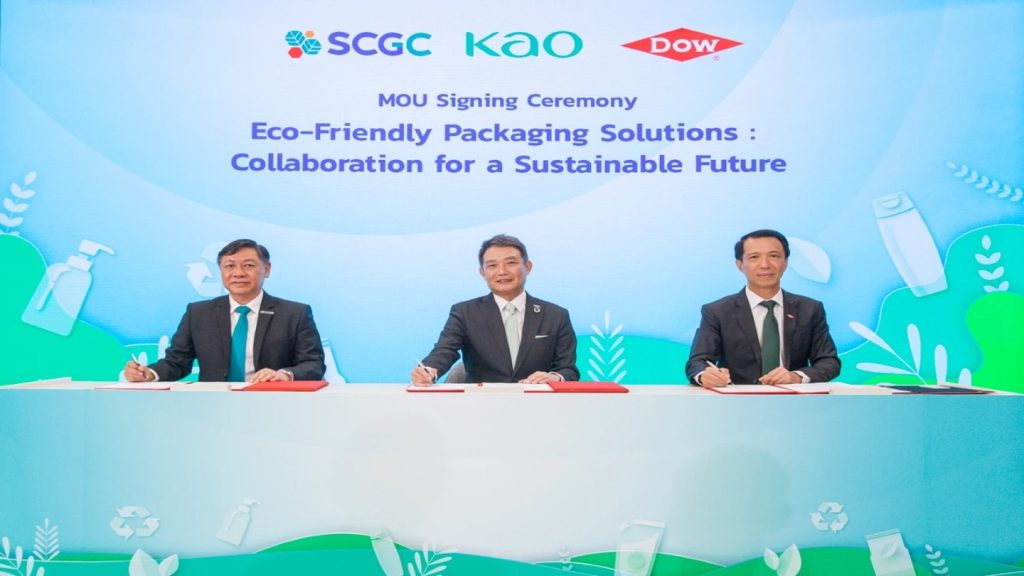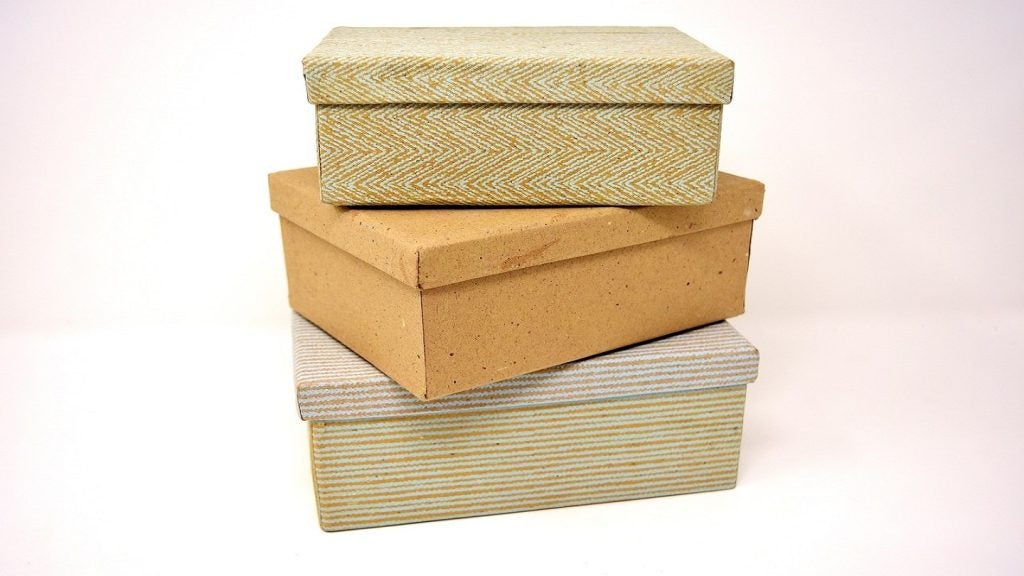South Africa’s Forestry, Fisheries and the Environment Minister Barbara Creecy has confirmed that the government’s efforts to combat plastic pollution have resulted in tangible progress.
Creecy said this during the South African Plastic Pact CEO Engagement Breakfast in Cape Town, the country's capital.
The government claims it has achieved this progress through its previously launched voluntary approaches implemented for the local plastics industry along with improved household and community waste disposal systems.
Creecy said: “Through this approach I am pleased to say that the SA Plastic Pact industry partners have already identified unnecessary and problematic plastic products and committed to eliminating unnecessary and problematic plastics; ensuring that 100% of plastic packaging is reusable, recyclable or compostable; ensuring that 70% of plastic packaging is effectively recycled; and using 30% average post-consumer recycled content in plastic packaging.”
These South African industry partners first joined Plastic Pact in 2020.
In 2020, the government also adopted the National Waste Management Strategy, prioritising three strategies.
It covered strengthening municipal waste management services to ensure plastic is not leaked into the environment; increasing waste diversion from landfill; and encouraging the public by spreading awareness via clean-up campaigns.
In 2020, the South African government also rolled out its Extended Producer Responsibility (EPR) Regulations, which required setting up EPR schemes for plastic packaging, among other prioritised products.
The circular economy efforts resulted in establishing five registered EPS schemes to support plastic waste collection and recycling.
According to Creecy, the EPR Regulations mainly aim to influence product design to take into account necessary environmental considerations and are currently being executed for paper, packaging, and some single-use products.
“These efforts have removed 368,600 tons [t] of plastic waste from the environment; they have supported between 60,000 and 90,000 waste reclaimers as well as creating seven and a half thousand formal jobs,” Creecy added.
Earlier this year, the South African government also imposed restrictions on a minimum of 50% recycled content used for plastic carrier bags’ designs.
The broader aim is to use 100% recycled content for making plastic carrier bags and black refuse bags by 2027.


